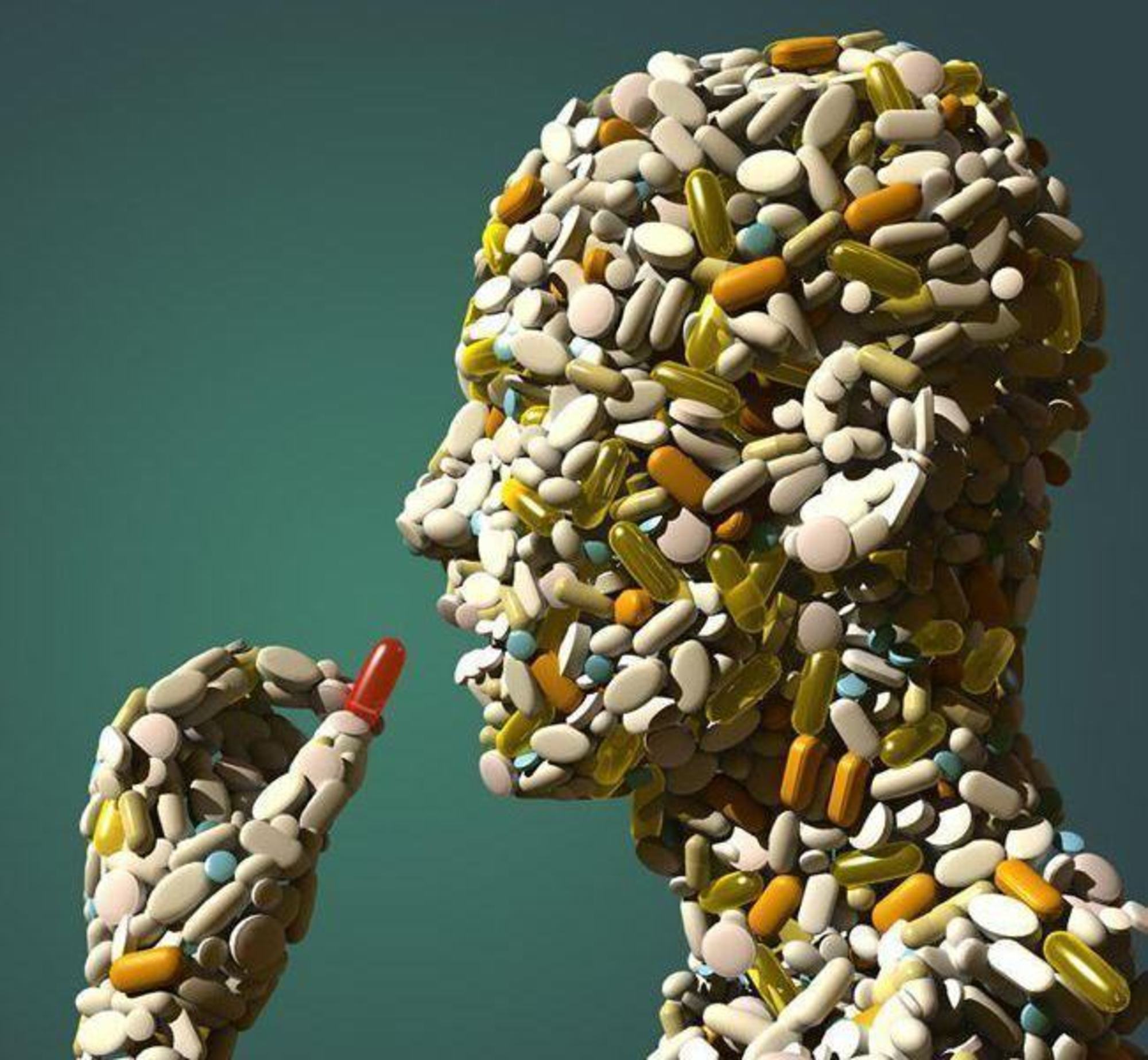More than one in three elderly patients in the UK suffer “medication-related harm” after being discharged from hospital, a new study suggests. One of the authors is Prof. Tischa van der Cammen of the Faculty of Industrial Design Engineering.
The research, led by scientists from Brighton and Sussex Medical School, examined data on 1280 patients over the age of 65 (average age of 82) who had been discharged from five hospitals in the south of England. The patients were followed for two months after leaving the hospital.
The authors found that 413 participants (37%) experienced medication-related harm, of which 336 (81%) cases were serious. Four participants died due to fatal medication-related harm. Half of the cases were believed to be preventable, with 11% thought to be “definitely” avoidable. The study was published earlier this month by Parekh et al. in the British Journal of Clinical Pharmacology.
Opiates, antibiotics and benzodiazepines
“Medicines found to be linked with the highest levels of harm were opiates, antibiotics and benzodiazepines,” said Professor of Autonomous Ageing Tischa van der Cammen, from the Applied Ergonomics and Design section of TU Delft, who also holds a honorary appointment at the Brighton and Sussex Medical School in England. “Failure to take medications properly was an important cause of harm. But harm also came as a result of adverse drug reactions and medication errors.”
Provision of information about possible side effects is generally poor in Western European countries, and communication is often lacking between secondary and primary care, the researchers write. Furthermore, due to the lingering impact of acute illness and deconditioning from their hospital stay, this is a time of heightened physiological stress for patients.
‘There is no reason to assume that the situation is any different in The Netherlands’
There are several limitations to the study. The participants’ involvement in the study might have heightened their awareness of potential medication-related harm. They might, therefore, have been more attentive to medicine-related information and usage instructions, or more likely to seek healthcare when they suspected medication-related harm.
“There is no reason to assume that the situation is any different in The Netherlands”, Van der Cammen said. “In Western Europe in general, patients receive too little explanation and follow-up about their medicines and how to administer them properly. A recent study from Denmark showed that if elderly hospital patients receive more extensive explanation by pharmacists the number of Emergency Department-visits and hospital readmissions can be reduced significantly.”
Do you have a question or comment about this article?
tomas.vandijk@tudelft.nl


Comments are closed.